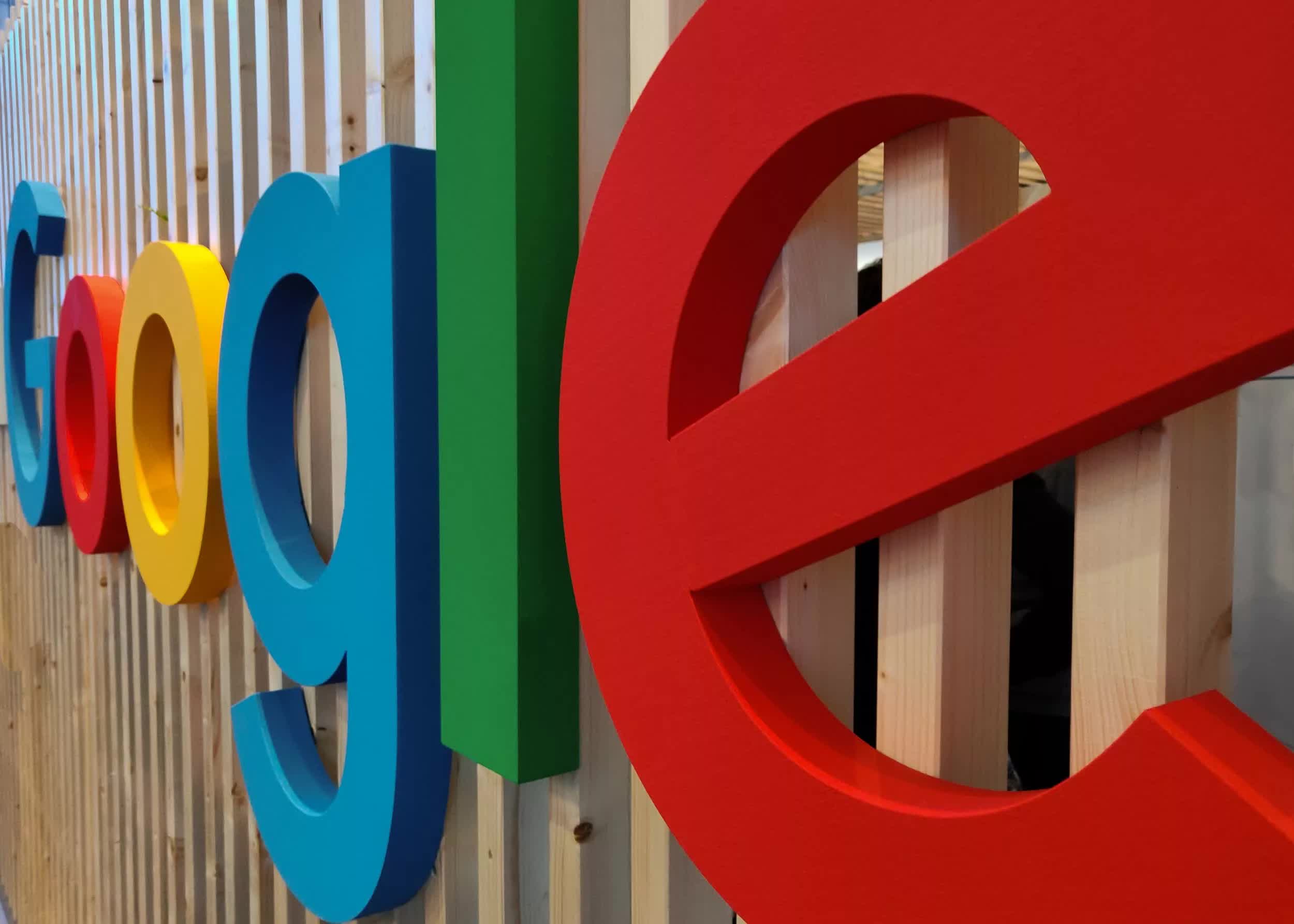Tech
Google cracks down on nude deepfakes, no more ads for AI porn generators

In a nutshell: Google is cracking down on the seedy world of computer-generated pornography. The company has announced a new policy that prohibits ads for deepfake porn or those that promise to digitally undress people without consent.
While Google has had a ban in place against explicit ads for years, this marks the first time the company is banning advertising that promote deepfake porn creation services. Previously, the policy was less specific, covering ads promoting “text, image, audio, or video of graphic sexual acts intended to arouse.”
The new Google ads policy update prohibits ads “promoting synthetic content that has been altered or generated to be sexually explicit or contain nudity.” This includes websites, apps, and services offering deepfake pornography creation tools or instructional content on how to create non-consensual nude images using AI.
The update states unequivocally that Google considers violations “egregious,” resulting in account suspensions and permanent advertising bans for offenders – no second chances. In the tech giant’s own words, violators “will not be allowed to advertise with us again.”
Both Google and Apple have had to continuously purge their app stores of misleading offerings that masquerade as innocuous apps or games, only to provide capabilities for generating non-consensual nude imagery. Meta’s ad platforms and even promotional channels on adult websites have seen similar ploys, with malicious actors employing seemingly benign ads to drive traffic to their AI porn tools.
This crackdown also follows a disquieting trend of people being victimized by AI-generated pornographic imagery shared widely online without their consent. In January, doctored nudes of Taylor Swift were viewed tens of millions of times across social platforms before being removed, sparking outrage.
Lawmakers took notice, with members of Congress decrying how deepfakes can inflict “irrevocable emotional, financial, and reputational harm,” disproportionately impacting women. Then, last month, bipartisan legislation dubbed the DEFIANCE Act was introduced to allow victims legal recourse to sue creators and disseminators of non-consensual digital forgeries.
Apple also joined the fight, expelling apps from its store that were essentially deepfake porn factories. Some developers shamelessly promoted these apps with Instagram ads using taglines like “undress any girl for free.” Even Pornhub, the leading online distributor of adult content, has had a ban on deepfakes within their platform since 2018.
By expanding its sexually explicit ad restrictions to cover deepfake porn tools and services, Google is using its advertising dominance to combat the darkest applications of generative AI. However, the cat-and-mouse game of enforcing the policy against determined bad actors operating through more decentralized channels remains an ongoing challenge.










